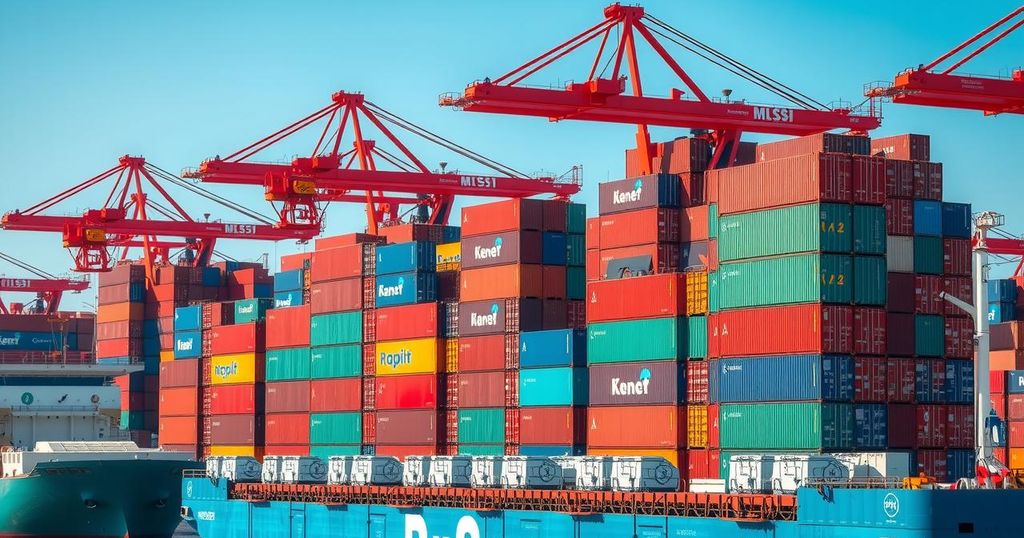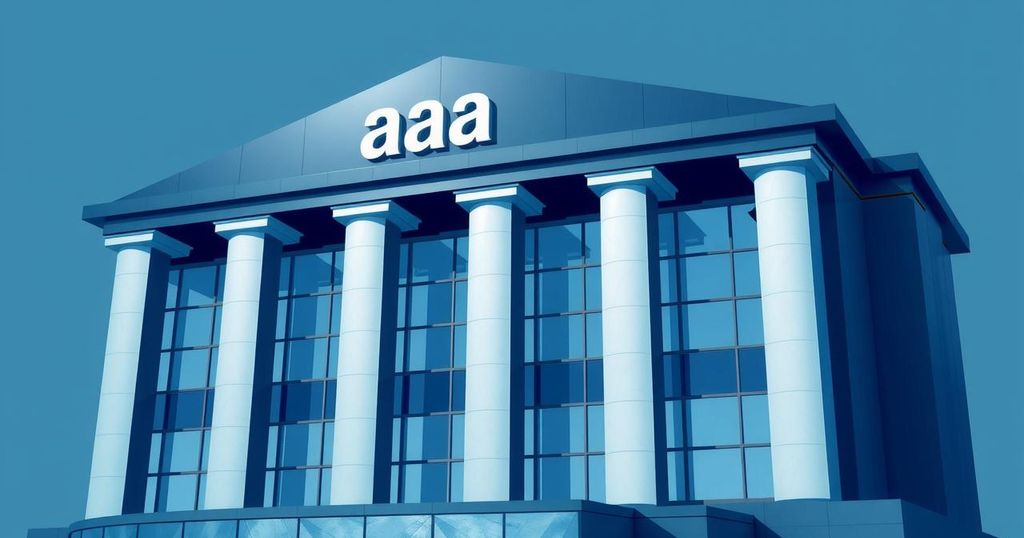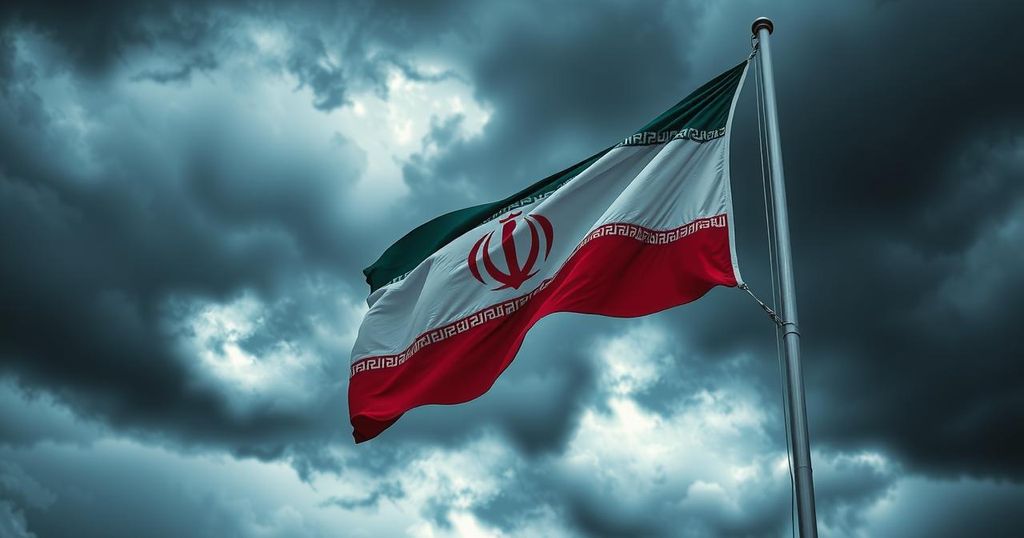Brigadier-General Paul Seidu Tanye-Kulono of GPHA is committed to lowering business costs at Ghana’s ports to enhance competitiveness. He announced the review of port tariffs, following government interventions aimed at relieving burdens on traders. The GPHA addresses concerns from transit traders regarding high taxes and emphasizes the need for a business-friendly environment to solidify Ghana’s trade hub status.
Brigadier-General Paul Seidu Tanye-Kulono, the Acting Director General of the Ghana Ports and Harbours Authority (GPHA), has reaffirmed his dedication to lowering business costs at Ghana’s ports. This initiative aims to enhance competitiveness and attract additional trade. During a visit from the Importers and Exporters Association, he highlighted government interventions that seek to alleviate burdensome levies on importers and exporters.
He further announced that the GPHA is currently reviewing port tariffs as part of a comprehensive effort to improve efficiency and decrease operational costs. Brigadier-General Tanye-Kulono acknowledged the concerns expressed by transit traders from Burkina Faso and other Sahelian nations regarding the high tax rates that deter them from using Ghana’s ports.
Many traders find the ports at Abidjan and Lomé more appealing due to their lower tariffs and the absence of specific charges, including COVID-19 and disinfection taxes. He remarked, “Our colleagues engaged in transit trade have expressed dissatisfaction with some of these levies, arguing that they make Ghana’s ports less competitive.”
Brigadier-General Tanye-Kulono pointed out that the language difference, as Ghana operates in English while neighboring countries use French, further complicates trade. He expressed confidence that discussions are progressing to review these taxes and indicated that necessary adjustments would occur soon.
Samson Asaki Awingobit, the Executive Secretary of the Importers and Exporters Association of Ghana, urged the GPHA to tackle further issues such as excessive demurrage charges and truck overloading at the ports. He stated, “To attract more business from our landlocked neighbors, we must enforce standard loading limits to prevent excessive road deterioration caused by overloaded trucks.”
Awingobit emphasized that resolving these challenges and simplifying port operations would not only benefit local businesses but also reinforce Ghana’s status as a leading trade hub in the region.
In summary, the GPHA is actively working to make Ghana’s ports more competitive by reducing business costs and overcoming challenges faced by importers, exporters, and transit traders. The commitment to review port tariffs and address issues such as demurrage charges and truck overloading aims to support local businesses and enhance Ghana’s trade position in West Africa.
Original Source: citinewsroom.com




